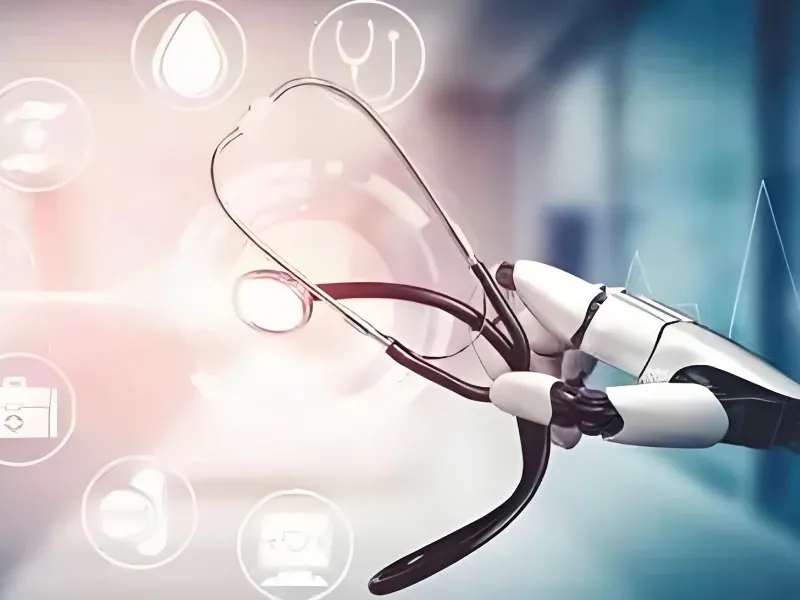- Research from the University of California, Los Angeles, has shown that AI has overtaken doctors in detecting common cancers in men.
- AI analyses patient information, including pathology, imaging, and biopsy results, to create a 3D cancer estimate.
OUR TAKE
Cancer has always been one of the most challenging diseases facing humanity, with more than 19 million new cases and 10 million deaths each year. Early detection of cancer, combined with existing treatments, can significantly improve survival and treatment outcomes for various cancer types. AI is already playing a huge role in detecting cancer.
–Zora Lin, BTW reporter
What happened
A new UCLA study finds that an AI tool identifies prostate cancer with 84 percent accuracy, compared to 67 percent accuracy for a doctor’s test.
The U.S. Food and Drug Administration (FDA) recently approves software developed by California-based Avenda Health called “Unfold AI,” which uses AI algorithms to visualise the likelihood of cancer based on a variety of clinical data.
Ali Kasraean, MD, a urologist in Florida, says he uses AI technology when consulting patients about prostate cancer management. “Unfold AI’s results demonstrate whether patients are more suited to local or radical treatment, ensuring we optimise their cancer treatment, personalisation of cancer care, and their quality of life goals.”
“AI takes the information we currently have about prostate cancer patients, such as their pathology, imaging, and biopsy results, and creates a 3D cancer estimate map,” he says.
Also read: Emerging trends: The increasing role of AI in healthcare
Also read: SoftBank sets up AI healthcare joint venture with Tempus AI
Why it’s important
The approval and application of Unfold AI’s software mark the medical industry’s recognition and acceptance of AI in cancer management. This not only promotes the application of AI technology in medical diagnosis and treatment but also lays the foundation for the development and promotion of similar technologies in the future.
The intervention of artificial intelligence improves the accuracy of diagnosis, helps to improve the recovery rate and survival rate of patients, and also helps to improve their quality of life.
This event marks the rapid progress of artificial intelligence in the field of cancer diagnosis and treatment, providing patients with more accurate and personalised medical services, and has far-reaching significance and impact on medical progress. With the continuous development and application of technology, it is expected that there will be more similar innovations to drive advances in healthcare in the future.

